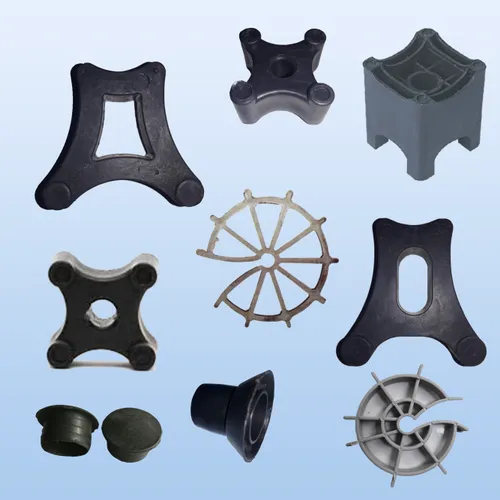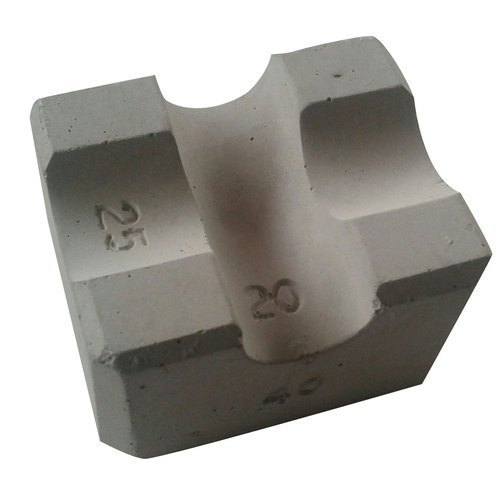PVC Cover Block VS Concrete Cover Block – PVC cover blocks and concrete cover blocks are both used in construction to provide a protective layer around steel reinforcement bars. However, there are some key differences between the two types of blocks.
The difference between PVC cover blocks and concrete cover blocks is that PVC cover blocks are lightweight and easy to handle, while concrete cover blocks are strong and durable. PVC cover blocks are also corrosion resistant, but not as fire-resistant as concrete cover blocks. Concrete cover blocks are more expensive than PVC cover blocks, but they are also more resistant to cracking.
PVC cover blocks are made from a lightweight, durable plastic that is resistant to corrosion. They are also relatively inexpensive, making them a popular choice for budget-conscious builders. However, PVC cover blocks can be more difficult to work with than concrete cover blocks, and they may not be as strong or durable in some applications.
Concrete cover blocks are made from concrete, which is a strong and durable material. They are also relatively easy to work with, and they can be made to any size or shape. However, concrete cover blocks are more expensive than PVC cover blocks, and they may not be as resistant to corrosion in some environments.
PVC Cover Block VS Concrete Cover Block
Here is a table comparing the two types of blocks:
| Feature | PVC Cover Block | Concrete Cover Block |
|---|---|---|
| Image |  |  |
| Material | Plastic | Concrete |
| Cost | Inexpensive | More expensive |
| Weight | Lightweight | Heavy |
| Strength | Good | Excellent |
| Durability | Good | Excellent |
| Corrosion resistance | Good | Excellent |
| Workability | Difficult | Easy |
| Customization | Limited | Easy |
Which type of cover block is best for you will depend on the specific application. If you are looking for a lightweight, inexpensive option that is resistant to corrosion, then PVC cover blocks may be a good choice. However, if you need a strong, durable block that can be customized to any size or shape, then concrete cover blocks may be a better option.
PVC Cover Blocks
- Pros:
- Lightweight and easy to handle
- Corrosion resistant
- Durable
- Cost-effective
- Cons:
- Not as strong as concrete cover blocks
- Can deform under heavy loads
- Not as fire-resistant as concrete cover blocks
Concrete Cover Blocks
- Pros:
- Strong and durable
- Fire-resistant
- Can withstand heavy loads
- Cons:
- Heavy and difficult to handle
- Can be susceptible to cracking
- More expensive than PVC cover blocks
Here are some additional factors to consider when choosing between PVC cover blocks and concrete cover blocks:
- The environment: If the structure will be exposed to harsh environments, such as coastal areas or areas with high humidity, then a more corrosion-resistant material, such as PVC, may be a better choice.
- The load-bearing capacity: If the structure will be subjected to heavy loads, then a stronger material, such as concrete, may be a better choice.
- The budget: PVC cover blocks are typically less expensive than concrete cover blocks, so if you are on a budget, then PVC may be a better option.
The best way to choose between PVC cover blocks and concrete cover blocks (PVC Cover Block VS Concrete Cover Block) is to consult with a structural engineer or contractor who can help you assess your specific needs.
Ultimately, the best type of cover block for you will depend on the specific application. If you are looking for a lightweight, easy-to-handle, and cost-effective option, then PVC cover blocks may be a good choice. However, if you need a strong, durable, and fire-resistant option, then concrete cover blocks may be a better choice.